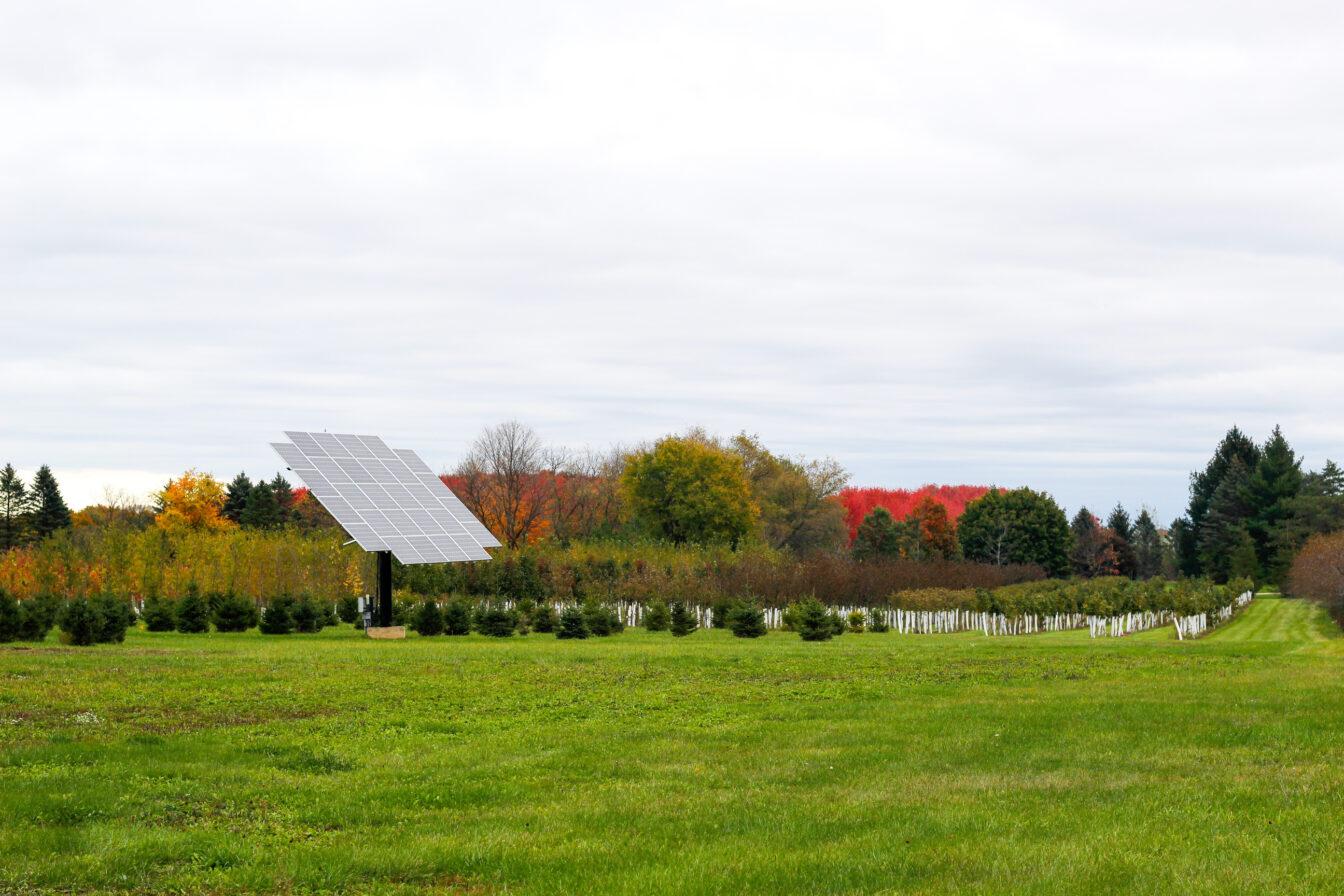The University of Wisconsin has fallen behind its peers in efforts of fossil fuel divestment, sustainability coursework and integrated sustainability efforts across campus. While some argue radical change is necessary to address the immediacy of climate change, others believe gradual implementation of sustainable practices will lead to more long-lasting solutions. What is the best approach to solve this issue?
Point
UW falls behind many universities in the U.S. when it comes to protecting the planet. The Sustainability Tracking Assessment and Rating System analyzes the sustainability of universities across the categories of academics, engagement, operations, planning and administration. In 2019, UW fell in the bottom three for every single category.
Sustainability in the environmental sense means to protect and preserve the Earth — this includes defending its natural resources as well as slowing climate change. The Intergovernmental Panel on Climate Change announced carbon emissions worldwide should be cut in half by 2030 and zero emissions reached in 2050 to avoid only some of the worst effects of climate change.
This is an incredibly difficult goal to reach, which is why UW needs to take action on climate change as soon as possible. Some would argue a gradual transition to sustainable practices is more desirable so as to not create disorder within the university, but this could not be more treacherous.
Climate change and the destruction of the Earth’s natural resources are not a waiting game — each minute that passes, the condition of the climate deteriorates more and more. Acting quickly is of the utmost importance, and it is also the responsibility of UW to lead these quick actions.
Because the world needs efficient action, UW utilizing the help of student organizations when making decisions regarding sustainability is crucial. Groups such as the Sustainability Advisory Committee and other student organizations are not as hindered by the administrative blocks faced by the university. These groups are able to draft recommendations for the university without jumping through as many hoops.
These organizations also tend to have more passion than the university for increasing sustainability. Programs like the Green Fund are creating headway with their own projects as they have both the freedom and funding to do so. Collaborations between these student organizations and the university through entities like the Office of Sustainability is crucial and necessary to increase sustainability efforts on campus.
Donations from alumni who work within the fossil fuel industry are important to the funding of the university, but promoting sustainability is vastly more important than the relationship between donors as it guarantees a future for new generations. The university must tolerate political and financial losses because the loss of natural resources and destruction of the planet is much more dire.
As the largest university in Wisconsin, a state rife with natural resources and life, UW must make radical changes to improve sustainability across campus. Climate change will not wait for the university to meticulously organize its efforts, which is why collaboration with student organizations can help UW become more sustainable, faster.
Emily Otten (elotten@wisc.edu) is a sophomore majoring in international relations and journalism.
Counterpoint
Every two years, the University of Wisconsin files a STARS (Sustainability Tracking Assessment and Rating System) report, with a score from zero to 100, which evaluates UW’s sustainability strategy. UW earned itself a “silver” rating with a score of 59.88. But according to The Cap Times, in comparison to 19 peer institutions, UW scored last. According to The Cap Times, UW scored below average in about 60% of sustainability metrics and bottom three in the academics, engagement, operations and administrative categories.
The report and analysis has raised concerns about the effectiveness of UW’s course of action to combat climate change and enhance sustainability, whether that course of action is even enough and whether more radical change is necessary to further those efforts.
A full transition to sustainability ought to be integrated gradually and radical changes should be researched and planned extensively in order to not disrupt operations at UW. Sustainability changes that do not rely on sudden eradications or damages to the economy are the best way to implement long-lasting solutions.
Just like with anything, the changes that stick are the most consistent, practical and gradual ones. Radical changes can completely disrupt everyday life and can be easier to break.
A great first step in the direction of sustainability is to encourage environmentally responsible choices among students. In many ways, students can direct ways of life on a college campus. So, if students are generally more inclined to live more sustainably, then it becomes easier and less radical for the university to implement sustainable strategies.
Universities can encourage students to participate in simple solutions — buying locally, renting bikes, using reusable items and only using electricity in housing when needed. They can even encourage professors to post textbooks and readings online, to prevent overconsumption of paper.
It’s a lot easier to encourage students to take small mindful steps towards sustainability rather than shake their world overnight, enforcing particular mandates on consumptions.
I don’t care if you’re pro-life or pro-choice — let’s reduce abortion rates
From there, universities may be able to implement green housing, making the dorms on campus more environmentally responsible and implementing better practices.
What will help the most in fostering sustainability on campus will be encouraging and teaching more sustainable practices to students, in order to change the culture of overconsumption and environmentally irresponsible behavior. The more students willingly change their attitudes and become more individually mindful, the less the UW administration will have to come in and enforce radical, short-lived changes.
Jessica Lewin (jrlewin2@wisc.edu) is a junior studying journalism and philosophy.


